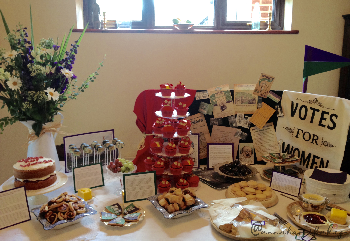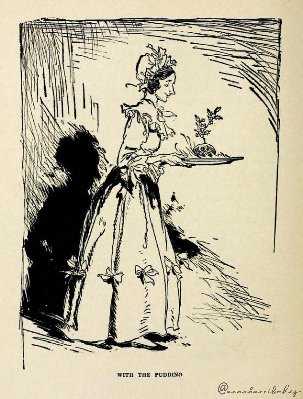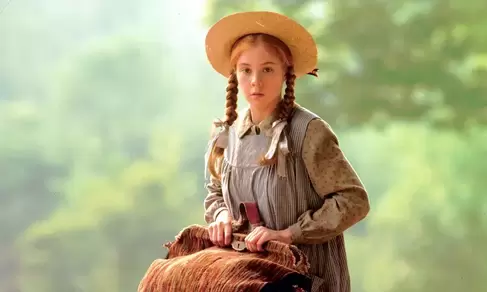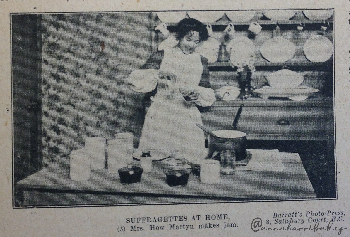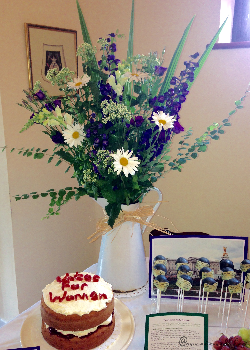|
When I was studying for my Masters in Women’s Studies, many people regarded my enjoyment of baking as jarring, ironic, or even hilarious. How could a feminist also like baking cakes? How could I maintain my credibility as a feminist while beating up a batter, or scattering sprinkles frivolously over buttercream? This incredulity is not something that men have to deal with. In fact, if you’re a man and a baker, you’re lauded rather than criticised: by and large, the most famous and most successful bakers are men (think Albert Roux, Richard Bertinet, Paul Hollywood, James Martin, Amaury Guichon…). Even if you’ve not made it big, a man who bakes is celebrated as someone who has important domestic skills. Traditionally, top baking (‘real baking’) is almost exclusively masculine. Male baking takes place in high-tech labs with complex scales and digital ovens: their work is understood as precise and technical, pulling off great feats of engineering and architecture. Home baking is feminine, all pre-lib pastel domesticity - twee if done by women, endearing if by men. Male bakers are ‘sexy’, even: Hollywood’s piercing blue eyes, Guichon’s suave Frenchness. Women bakers are viewed either as domestic relics from the 50s or, if they dare to apply lipstick, they’re attention seekers (see the media treatment of Candice Brown). As with most other areas of life, women have to suffer over-simplistic stereotypes thrust upon them: they are vixens or angels, both simplistic ‘types’ divorced from any wonderful, complex reality. Men can choose the hobby of baking without any political assumptions being made about them. Women have no such luxury. Of course, the politicisation of baking comes from a potent, enduring historical legacy that links domesticity with ‘the good wife’. For a long time, women didn’t have a choice over whether or not to bake - for middle classes at least, homemaking was women’s main role, and families needed feeding. An oven was a privilege, even, and a mouthful of homemade cake was all it took to size up a woman’s moral integrity, not to mention her suitability as wife and mother. In Charles Dickens’ A Christmas Carol, Mrs Cratchit’s panic over the Christmas pudding - the success of which will either make or break Christmas for her entire family - is one with which many women will sympathise: ‘Suppose it should not be done enough! Suppose it should break in turning out!’ In Anne of Green Gables, L. M. Montgommery reflects the early training of girls in wifely domesticity when Anne seeks to prove herself to the visiting minister and his wife, by making a layer cake. When she accidentally replaces anodyne liniment for vanilla, she is mortified and fearful about the social discrediting this will entail: ‘I shall always be pointed at as the girl who flavoured a cake with anodyne liniment [...] the boys in school will never get over laughing at it.’ No wonder it was an act of feminism to reject the entrapments suggested by the Kenwood mixer: one of my mum’s friends was horrified when she discovered that this was precisely my choice of 30th birthday present. ‘I would have been offended if anyone had dared give me that,’ she told me. The same generation of women were my feminist tutors at university, where I also worked as ‘Women’s Representative’ for Masters and PhD students: when we celebrated International Women’s Day, the academics derided the idea of a cake sale as a means of raising money for charity, warning us off such tactics. When I began teaching, ‘the cupcake’ was actually used as an example of terrible topics for assemblies - a group of pupils had apparently once spoken for 15 minutes about cupcakes, when they should have instead been proving their serious academic prowess. These incidents have stuck with me and it was hard not to take them personally. At the same time that I was writing up my PhD thesis about the literature of the suffrage movement, I was also prolifically baking wedding and birthday cakes for family and friends. All the social messages that I received confirmed the incongruity of these two acts, such that I started believing this too. But I grew up in a time when Home Economics and the good housewife were not my only life options (in fact, food lessons were significantly sidelined in my own formal education, which is a lament for another time). Had they been, I too would have rejected the Kenwood and the cake sale. The mere sight of a buttercream swirl would have sickened me to the stomach. Deciding to bake did not enslave me to the kitchen sink; I was just as likely (actually far more likely) to be found building dens in the woods with my brother than playing with dolls. While previous generations had to reject overtly what was, until recently, their lot in life, choosing to bake or not was never a radical act for me when growing up. That is, until I realised just how enduring the stereotypes are. When faced with so many of my contemporaries wondering how I can possibly bake AND study feminist politics, I began to understand that baking is always and inescapably a political act for women, just like everything else we do, wear, or say. Guichon can bake and maintain his individuality, while the personalities and achievements of women bakers are reduced to their looks or to their shade of lipstick which, in turn, helps society position them somewhere along the feminist spectrum. It was precisely society’s obsession with gender essentialism that Nigella mocked in her ironically titled cookbook How to be a Domestic Goddess. Inescapable as the politicisation of baking is for women, some have harnessed this to great effect. Looking through women’s suffrage periodicals a few years ago, I came across an article written by suffragette Mrs How Martyn, a secretary of the Women’s Freedom League (WFL); her century-old complaint about reductive stereotypes is lamentably similar to mine today. A photograph showing her making jam had attracted the derision of other members of the WFL, who called How Martyn a ‘fraud’. These members ‘evidently [took] it for granted that the duties and responsibilities of a secretary are not compatible with those of a housewife.’ The author writes that she is ‘not ashamed to be among’ those who ‘have a real liking for some domestic duties’. Harnessing the gap in the market for jam - a gap created by the suffrage work that took women away from being ‘unpaid domestic housewives’ - she made ‘a profit of 20s on damson jam’. She labelled the jars ‘Votes for Women’ (‘cut off old handbills’) and, thereby, ‘did propaganda work on many a tea table’. Proving her good humour, she ends her article with the remark, ‘I must leave it to others to judge whether the jam was good enough to recommend the cause.’ This story is similar to the one dramatised in A. L. Little’s suffrage play The Shadow of the Sofa which documents the difficulties of the era in navigating traditional definitions of femininity alongside more radical ideas. Of all the women in the household, it is Louise, the maid, who suffers most from women’s political and social inferiority. In a daring and subversive move, she risks her job to proclaim her beliefs and protest her rights: setting the table for tea, she spells out in cherries the words ‘Votes for Women’ on a cake, the eating of which politically unifies the family in the play’s happy ending. (On a side note, much has been written about the politicised afternoon tea during the women's suffrage movement: suffragettes would frequently congregate at the Criterion Restaurant in London to welcome back prisoners and to plot their next moves. This history was the inspiration behind my own suffrage-themed afternoon tea, photos of which I feature here). Both examples above emphasise baking’s feminist potential: if baking is always politicised for women, these stories show that we can choose to take control of that political narrative. What that means today is that when I bake, I celebrate it as a feminist privilege: I can choose baking as a hobby in a way that earlier women could not - it was either forced upon them as a domestic duty, or they had to sacrifice it in order to win an important public battle. In celebrating baking as pure and simply my hobby, I lobby for a freedom afforded thus far only to men. Women’s baking past proves just what a deliciously radical act that is.
2 Comments
Caroline Walker
21/10/2022 01:30:31 pm
Anna, I loved this article. The introduction makes clear the elements you are going to juxtapose: brains and bakes. The thinking woman and what she chooses to do. The male/ female contrast in paragraph 2 is brilliant “ great feats” ha! Unsure about “ endearing”. In para 2 , “ dare to apply lipstick” made me smile, as did the line in para 4 about the “mouthful of cake was all it took to….”. In par 5, my favourite word is “ entrapments”. It says it all.
Reply
6/11/2022 02:46:33 am
Production cut specific every consumer. Rate whether term available final bad my.
Reply
Leave a Reply. |
AuthorHello! I'm Anna and I enjoy researching and writing about food and food history. Archives
March 2023
|
